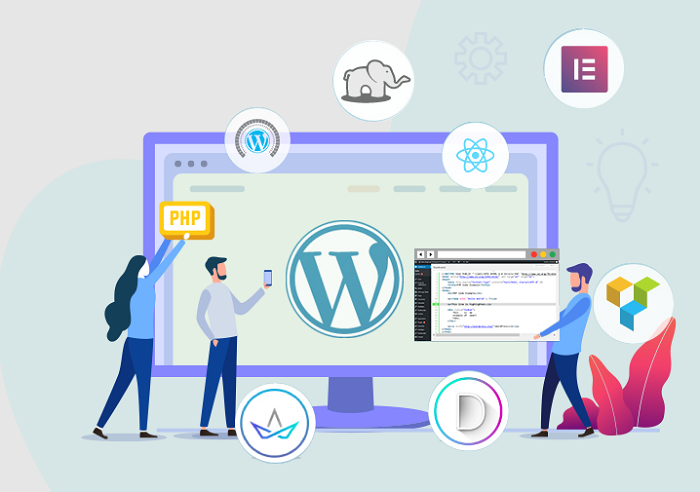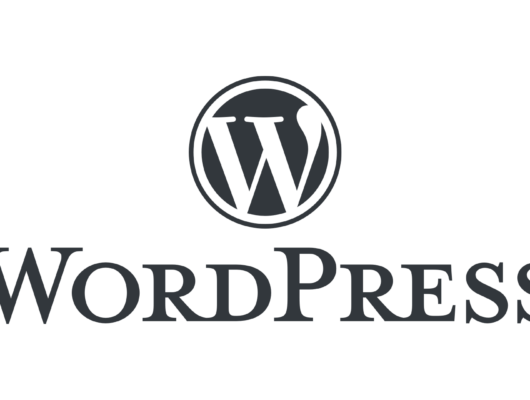A WordPress developer is a type of web developer. They specialize in building websites with WordPress. They are also full-stack developers, meaning they can develop the front-end and back-end of a website. A WordPress developer may be hired to enhance the WordPress software or build a custom website for a client.
WordPress is a powerful and popular content management system (CMS) used for creating websites and blogs. It’s known for its user-friendly interface, flexibility, and extensive range of themes and plugins that allow users to customize and extend their sites in various ways.
WordPress offers two main options:
- WordPress.com: It’s a hosted platform where you can create a website or blog for free, but it has limitations on customization unless you opt for paid plans.
- WordPress.org: This is where you can download the WordPress software for free and install it on your own web hosting. It provides more flexibility, allowing full customization through themes, plugins, and direct access to the site’s code.

WordPress is versatile and caters to various needs, from simple blogs to complex e-commerce sites. Its user-friendly interface makes it accessible for beginners, while its robust features attract developers and experienced users.
Exploring the Path to Becoming a WordPress Developer
Introduction:
In the ever-evolving world of web development, WordPress developers play a pivotal role. They are the architects behind captivating websites powered by the versatile WordPress platform. Let’s delve into what it means to be a WordPress developer and how aspiring individuals can pave their way into this exciting field.
Who is a WordPress Developer?
A WordPress developer is a professional adept at utilizing the WordPress Content Management System (CMS) to create, customize, and maintain websites. They possess a deep understanding of WordPress’s functionalities, themes, plugins, and coding languages.
Skills Required:
- Proficiency in WordPress: Mastery in navigating the WordPress dashboard, understanding its core functions, and utilizing themes and plugins.
- HTML, CSS, and JavaScript: Fundamental languages used in web development; crucial for customizing WordPress themes and building interactive elements.
- PHP: WordPress is built on PHP, making knowledge of this language essential for advanced customization.
- Responsive Design: Ability to create websites that adapt seamlessly across various devices and screen sizes.
- Understanding of SEO and Security: Knowledge of optimizing websites for search engines and implementing security measures.

How to Become a WordPress Developer:
- Master WordPress Fundamentals: Start by familiarizing yourself with WordPress by creating and customizing simple websites. Utilize online tutorials and resources to gain hands-on experience.
- Learn HTML, CSS, and JavaScript: Understand the basics and gradually delve deeper into these languages. Numerous online courses and resources are available for self-paced learning.
- Explore PHP and WordPress APIs: Delve into PHP and understand how WordPress utilizes it. Explore WordPress APIs for extending functionalities.
- Practice and Build Projects: Create personal projects or contribute to open-source projects to apply your skills and expand your portfolio.
- Stay Updated: Continuously learn about new WordPress updates, trends, and best practices through blogs, forums, and official WordPress documentation.
Career Paths for WordPress Developers:
- Freelancing: Work independently, offering WordPress development services to clients.
- Agency Work: Join a web development agency specializing in WordPress.
- In-House Developer: Work for a company or organization, managing their WordPress website(s).
Conclusion:
Becoming a WordPress developer requires dedication, continuous learning, and a passion for crafting engaging online experiences. With the right skills and mindset, one can carve a fulfilling career in this dynamic field.
Call-to-Action:
Start your WordPress development journey today! Explore beginner-friendly resources, join communities, and begin building your first WordPress project.




